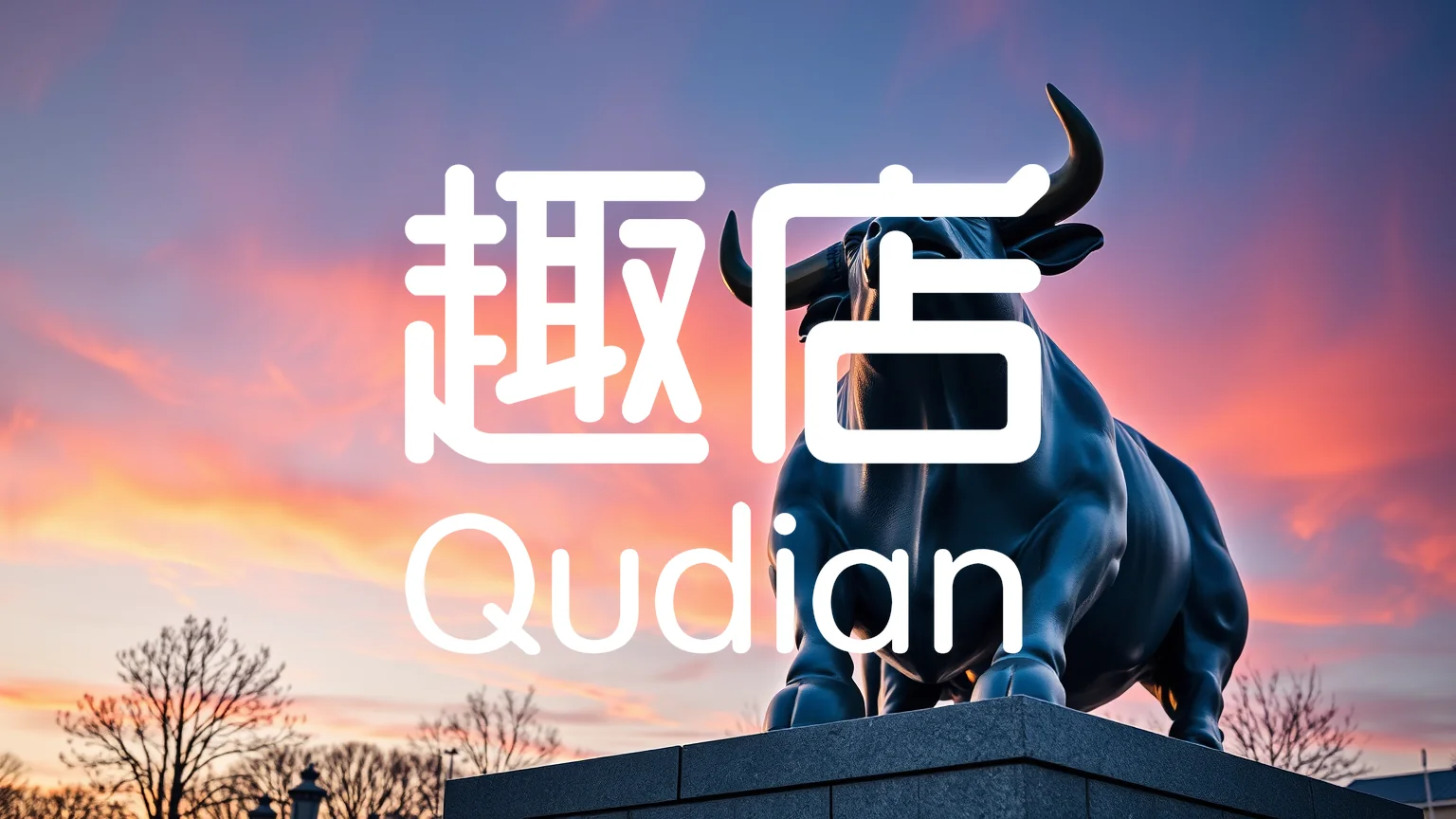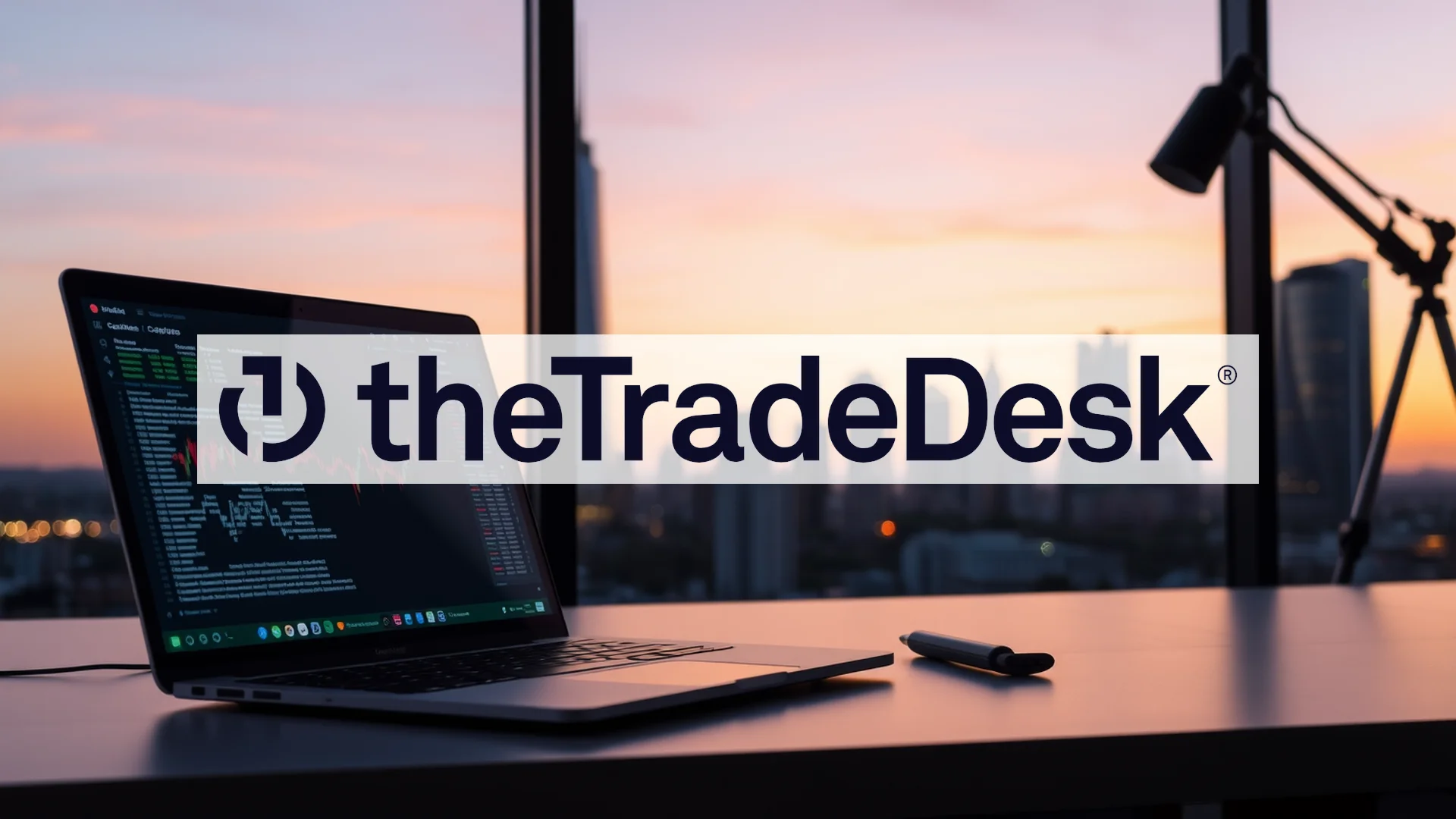The Chinese fintech firm Qudian is undergoing a profound business transformation, abandoning its core lending operations to pursue a radically different strategy built on interest income. This fundamental shift has created significant uncertainty among investors, resulting in dramatic price swings for the company’s shares.
Extreme Volatility Reflects Investor Uncertainty
Recent trading sessions have been characterized by extreme volatility, highlighting deep market division over Qudian’s new direction. In a single 24-hour period, the stock experienced both a sharp 4.44 percent decline and a subsequent recovery that saw prices advance by nearly 6 percent. The trading range between daily highs and lows reached 7.5 percent, illustrating the intense disagreement among market participants about the company’s future prospects.
While some investors view the elevated volatility—exceeding 70 percent—as a warning signal, others perceive potential opportunity in the current market dislocation.
Fundamental Business Restructuring Underway
The dramatic price movements stem from Qudian’s decision to exit its unprofitable logistics venture, Fast Horse, with significant financial consequences. Quarterly revenue collapsed by 93.5 percent, a decline that would typically signal severe distress. However, this operational contraction coincided with a substantial increase in net profitability.
Should investors sell immediately? Or is it worth buying Qudian?
This apparent contradiction is explained by Qudian’s shifting revenue model. Instead of generating income from traditional lending operations, the company now derives substantial earnings from interest and investments. Interest income skyrocketed by over 390 percent, effectively offsetting the operational revenue decline.
Technical and Fundamental Indicators Suggest Potential
Despite near-term price weakness, several metrics indicate potential medium-term strength. The stock currently trades 28 percent above its 50-day moving average, and technical indicators including the MACD are generating bullish signals.
Notably, Qudian maintains an enormous cash reserve equivalent to €4.8 billion and has implemented an extensive share repurchase program. With a price-to-earnings ratio of just 0.3, the company’s valuation appears exceptionally modest relative to its substantial financial resources.
The critical question remains whether Qudian can sustain long-term growth through interest income alone or must develop new operational business lines. Until this fundamental uncertainty is resolved, the market is likely to continue responding with heightened volatility.
Ad
Qudian Stock: Buy or Sell?! New Qudian Analysis from February 8 delivers the answer:
The latest Qudian figures speak for themselves: Urgent action needed for Qudian investors. Is it worth buying or should you sell? Find out what to do now in the current free analysis from February 8.
Qudian: Buy or sell? Read more here...












